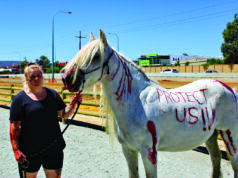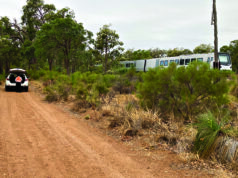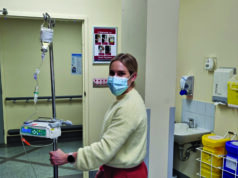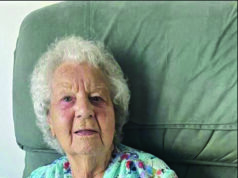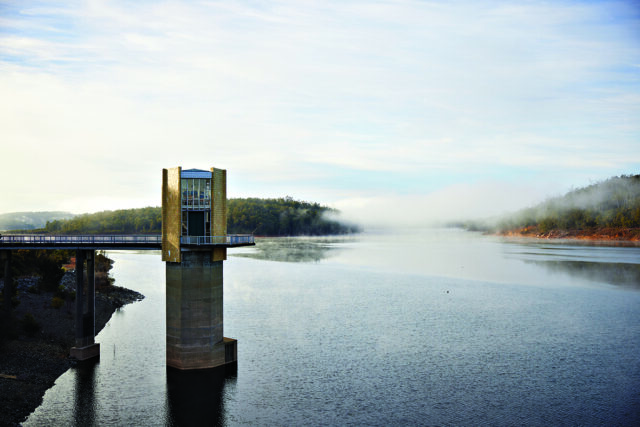
Opposition to a mining expansion proposal in the Perth Hills continues to grow with the Shire of Serpentine Jarrahdale making a submission to the Environmental Protection Agency (EPA) following its August council meeting.
In the executive summary of its submission, the shire said Alcoa’s Pinjarra Alumina Refinery proposal provided little, if any, benefit to residents in the community.
“There are no economic, social, environmental or any other real benefits to anyone in proximity to the proposal,” the shire said.
“In contrast, the proposal will have significant consequences for the shire, its environment, residents, visitors, heritage and economy.”
Serpentine Jarrahdale joined three other councils, including the City of Armadale, in opposing Alcoa’s proposal.
Armadale Mayor Ruth Butterfield said Alcoa contacted the city on August 5 about its exploration plans but said there was a lack of engagement.
“The City of Armadale has not been adequately or appropriately consulted with regards to expansion plans,” Ms Butterfield said.
“The lack of discussion and engagement regarding the proposal from Alcoa suggests a lack of appropriate dissemination of information to impacted communities.
“The EPA’s approach to consultation appears to have been to place the information on their website, rather than directly approaching potentially affected parties.”
Serpentine Jarrahdale President Rob Coales said Alcoa meets with elected members and the executive team quarterly to discuss operations, community engagement and upcoming activities within the shire.
Mr Coales said Alcoa’s proposal would take about three billion litres of water annually from Serpentine dam, which was about 20 per cent of the water flowing into the dam.
He said he was concerned about potential risks such as lower groundwater levels, reduced streamflow from clearing, increased salinity as soil salts rise, less water available due to use as well as higher sediment runoff from erosion.
Ms Butterfield said the city reviewed Water Corporation’s risk assessment report and found Alcoa’s current and future mining included clearing within reservoir protection zones (RPZ).
“Perth’s water supply is protected by RPZ – public access is highly restricted within RPZs due to the risk from contamination,” she said.
An Alcoa spokesperson said the company has never negatively impacted public drinking water supply.

“We intend to maintain that record by further enhancing preventative controls.”
However, Water Corporation’s Catchment Risk Assessment Alcoa 2023-2027 MMP said the probability of contamination of the water reservoirs was considered certain.
An Alcoa spokesperson said increased demand for aluminium was a key drive for its expansion proposal.
“It can be found in a broad range of products across the construction, packaging, automotive, aeronautic and medical industries as a key product for decarbonisation and renewable energy,” an Alcoa spokesperson said.
“Being lightweight and non-corrosive, it is vital for solar and wind energy infrastructure, transmission lines, batteries and electric vehicles.
“According to the International Aluminium Institute, aluminium demand will increase by about 40 per cent by 2030.”
The spokesperson said bauxite was the ore from which aluminium was derived.
“The jarrah forest is one of a limited number of places in the world where bauxite occurs in the right grades and formulation to enable the production of alumina and subsequent smelting to make aluminium.”
According to the Conservation Council, WA is home to the world’s only jarrah forest.
Ms Butterfield said the public environmental review documents contradicted the city’s published economic development, tourism and trails strategies.
“Mining delivers limited economic value when compared to the ongoing, compounding returns of nature-based tourism,” she said.
Mr Coales said the shire recognised the importance of aluminium in the global economy.
“However, we do not believe the scale of impact of this project can be justified.”


